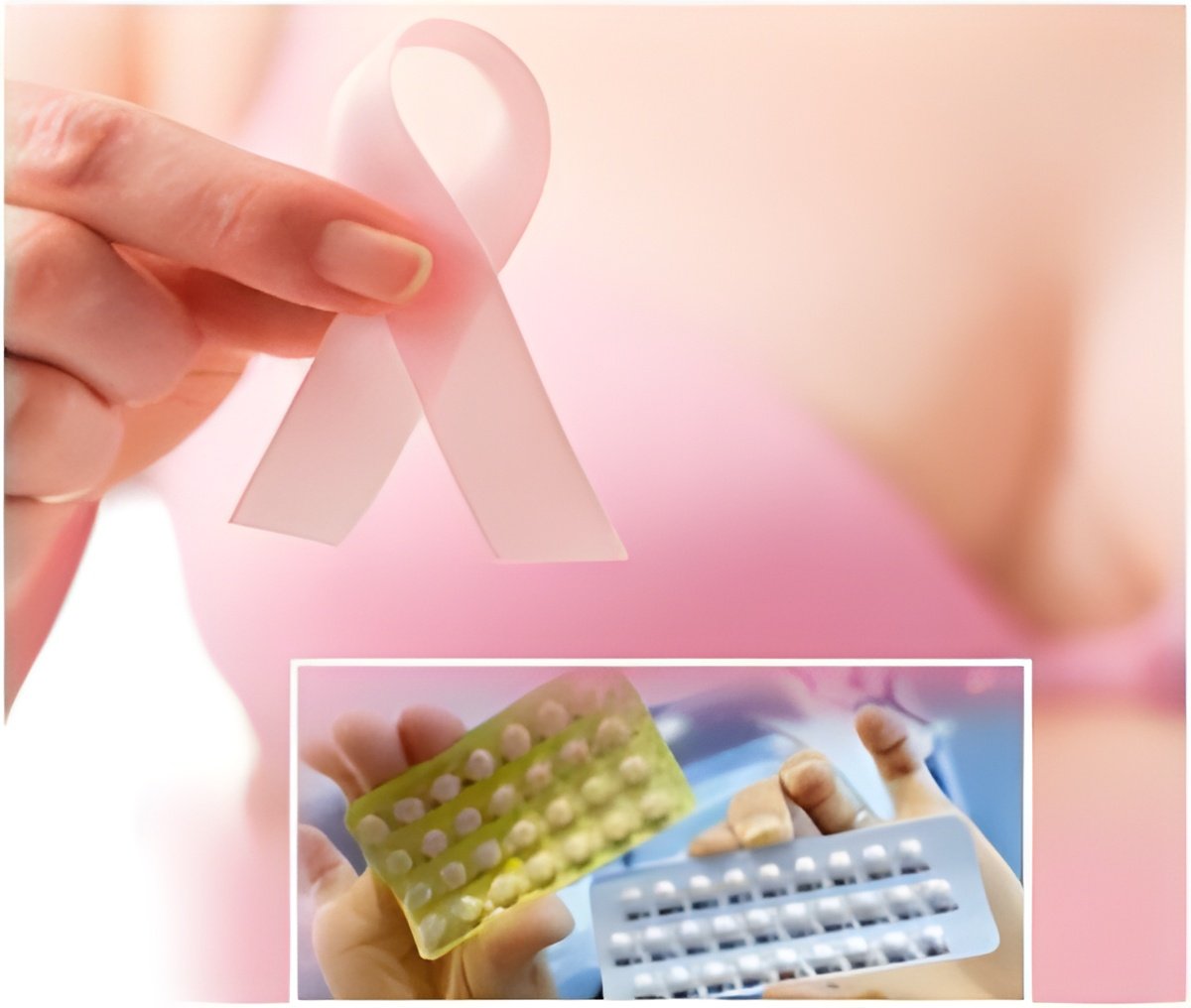
Conventional courses of radiation treatment following breast cancer surgery commonly run for seven to eight weeks. There is reason to believe that patient comfort and convenience can be enhanced if the course of therapy is compressed into a single week, or less, with multiple treatments administered each day. This approach is known as Accelerated Partial Breast Irradiation (APBI). Investigators at The Cancer Institute of New Jersey are now in the process of examining three such dosing schedules, delivered post-surgery in shorter courses than are commonly administered with APBI.
The investigators have now followed, for a minimum of six months, participants who received the first of those dosing schedules. This first cohort consisted of women 50 or older who were treated with four doses of 7 Gy (units of energy) twice daily through a catheter tube device that is inserted into the breast. The device, which delivers a radioactive seed to the affected area during each dose, has multiple treatment channels for the seed to travel in, ensuring a more precise target. The device remains in the breast for two days until the course is complete. Participants had one invasive distinct tumor no larger than three centimeters that was surgically removed with no evidence of cancer cells on the outermost tissue, and with negative lymph nodes and positive hormone receptors.
What researchers found was that they were able to deliver this treatment while observing very strict restrictions on the doses to the skin and underlying ribs. Toxicities were minor and resolved with follow-up or minimal intervention. One breast infection occurred and was treated. Two cases of symptomatic fat necrosis and two cases of symptomatic seromas occurred. No acute toxicities greater than grade two on the Common Terminology Criteria for Adverse Events scale were observed.
While full results of the study await administration and evaluation of the second and third short-course regimens, the portion of the trial completed to date has allowed investigators to make comparisons between results from the initial cohort and a recently unveiled European approach that delivers a single dose of radiation at the time of breast surgery while women are still under anesthesia. While that approach has been found to be safe, it has stirred debate over what some consider to be a very serious potential drawback -- that complete information on the tumor status is not available at the time of radiation because the pathology has not been reviewed.
The lead author of the current research, Atif J. Khan, MD, a radiation oncologist at The Cancer Institute of New Jersey and assistant professor of radiation oncology at RWJMS, says the post-surgery course of progressive APBI therapy that his team is describing at the San Antonio symposium appears to eliminate that uncertainty in an acceptable way.
Advertisement
Cancer Institute of New Jersey investigators have opened the next phase of study, evaluating a three-dose schedule of 8.25 Gy over two days. The aim is to reach a 10.25 Gy unit dose over a two-day period.
Advertisement
Source-Newswise













